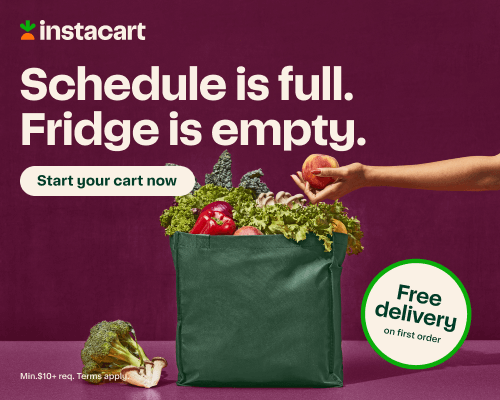Grocery Guides
Pickled Vegetables: How They’re Made & Where They Come From

What are pickled vegetables?
Pickled vegetables are fresh veggies preserved in an acidic solution (for example, vinegar) or salt. This preservation method produces a tangy taste ranging from sweet to savory.
Unlike vinegar-preserved vegetables, salt-brined produce undergoes the process of fermentation, in which beneficial bacteria convert sugars into acids. The primary difference is that fermented vegetables are typically more nutritious and have a much longer shelf life than vinegar-pickled ones. For this article, we’ll focus exclusively on vinegar-pickled vegetables, commonly found in the pickled produce aisle of grocery stores.
The interesting thing about pickling is that the process can alter the original taste of the vegetables. This may work in your favor if you dislike certain fresh produce. For example, some people may find jalapeño peppers too spicy for them. But when these peppers are soaked in distilled white vinegar, along with a few other veggies, you will find their heat are a lot more tolerable than before.
Where did pickled vegetables originate from?
Pickled vegetables have been around for more than 4,000 years. They first debuted as early as 2030 BC. The ancient Mesopotamians were the first to soak fresh vegetables in an acidic mixture to extend their longevity through brining.
Before the advent of refrigerators and coolers, pickling was the only way to preserve your food over long periods of time. Pickled foods, especially vegetables, were prevalent when fresh food and foraging became scarce in the winter months. These preserved veggies are also a mainstay among long-distance travelers in the past.
Aside from the widespread popularity, there are countless types of pickled veggies to choose from. This is largely due to different cultural influences from around the world. Between the English’s sweet pickles and Korea’s famous kimchi, it’s safe to say you won’t be at a loss when pickle-browsing at your grocery store!
What is the nutritional value of pickled vegetables?
Aside from pickles’ delicious, tangy taste, these vegetables are pretty nutritious on their own. According to Healthline, a 35g serving of pickles provides:
- Calories (4kcal)
- Carbohydrates (0.8g)
- Fiber (0.3g)
- Sodium (283mg)
- Protein (0.2g)
- Sugar (0.4g)

How are pickled vegetables made?
Commercially pickled vegetables are first harvested and cleaned. They are then bottled in an acidic solution before being sterilized and processed. An alternate commercial method involves refrigerating and acidifying the vegetables to speed up the manufacturing process. The pickles are then sliced into the desired sizes before being packaged and pasteurized.
Cucumbers, cabbage, and green olives dominate the pickled vegetable section in the United States. That said, other kinds of veggies also make the list, including:
- Capers
- Garlic
- Onions
- Carrots
- Cauliflower
- Beans
What is the shelf life of pickled vegetables?
Depending on how each jar of pickled vegetables is made, their shelf life typically ranges from one month to many months. Check the product label on the packaging for the exact expiry date.
What should I look for when buying pickled vegetables?
When you’re buying pickled vegetables, there are many different varieties to choose from. Amongst pickles alone, there are:
- Kosher dills, which are well-known for their garlicky, salty taste
- Bread and butter pickles, which are sweet, salty, and crunchy
- Sweet pickles, which are pickled cucumbers with a hint of sweetness
- Baby gherkins, which are pickled baby cucumbers
- Dill pickles, which offer a flavorful mix of cucumber, dill, and vinegar
- Capers, which have hints of lemon and olive
Before purchasing pickled vegetables, check the packaging for lid tightness and a vacuumed seal.
If you are looking to have your groceries delivered, you can easily shop for pickled vegetables via Instacart. After adding a product to your cart, use the “Instructions” option to notify your Instacart shopper about any preferences or specific directions on how to choose the best products. Shop pickled vegetables for your next dish now.
How to store pickled vegetables
Vinegar pickled vegetables should be refrigerated after opening unless otherwise stated on the food label. If you don’t anticipate opening your jar of pickled dills anytime soon, store them in a cool, dry place.

How to tell if pickled vegetables are bad
To tell if pickled vegetables have gone bad, scan the inside contents to check for signs of spoilage such as murky canning liquid, rising air bubbles, or unnatural color. Once you’ve opened the jar, look out for a putrid odor or mold growth.
If the pickled vegetables display any one of these signs of spoilage, immediately discard them and replace them with fresh ones. Instacart can help you with that by showing fresh pantry items near you.
What can I substitute for pickled vegetables?
If pickled vegetables aren’t on the menu, try fermented vegetables like kimchi and sauerkraut for equally tangy deliciousness.
Shop pickled vegetables with Instacart
Adding pickled vegetables to your everyday meals is quick and easy with Instacart. Whether you want to incorporate bread and butter pickles into your homemade burgers or make a dill pickle relish, Instacart’s full range of fresh food lets you shop to your heart’s content. What’s more, we offer same-day delivery/pick up for utmost convenience.
Most Recent in Grocery Guides

Grocery Guides
19 Best Milk Substitutes for Baking and Cooking
Milk’s rich texture and neutral flavor make it a staple in countless recipes, bringing creaminess and balance to sweet and savory dishes alike. But what happens if you run out of milk or need a…
Jan 30, 2025
Grocery Guides
15 Best Cheeses for Your Next Charcuterie Board
Let’s face it: The heyday of the store-bought party platter is long gone. Now, the duties of a good host often include curating an impressive charcuterie board. But where do you begin? Charcuterie boards typically…
Jan 21, 2025
Grocery Guides
Guide to Movie Night Snack Delivery
Planning the perfect movie night means getting cozy, choosing a favorite film and gathering all the right treats. With movie night snack delivery, you can skip the hassle of a grocery run and have delicious…
Dec 19, 2024
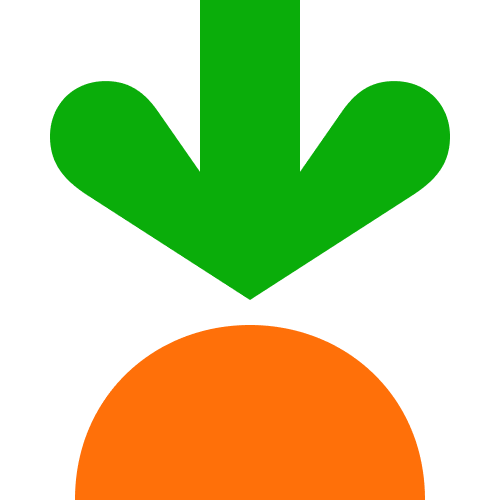
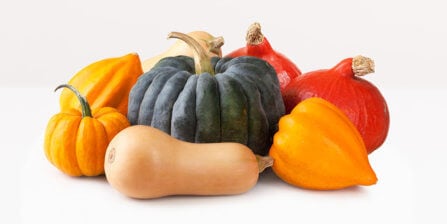 Squash – All You Need to Know | Instacart Guide to Fresh Produce
Squash – All You Need to Know | Instacart Guide to Fresh Produce 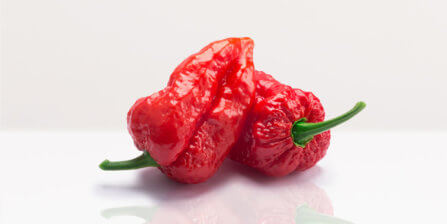 Ghost Pepper – All You Need to Know | Instacart Guide to Fresh Produce
Ghost Pepper – All You Need to Know | Instacart Guide to Fresh Produce 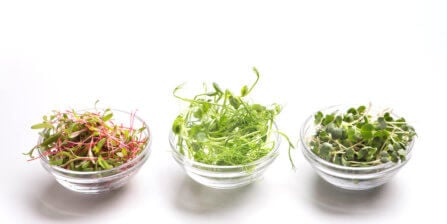 Sprouts – All You Need to Know | Instacart Guide to Fresh Produce
Sprouts – All You Need to Know | Instacart Guide to Fresh Produce 

